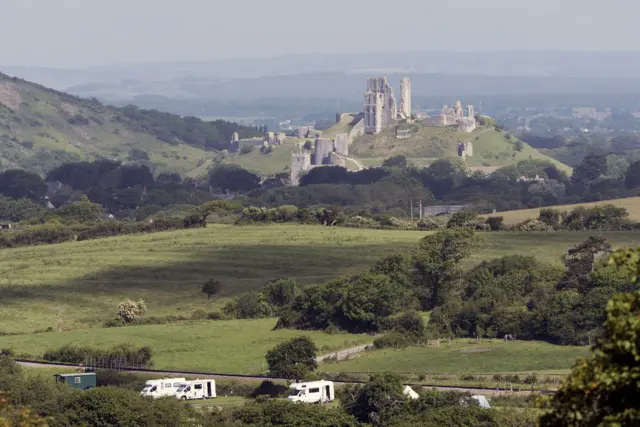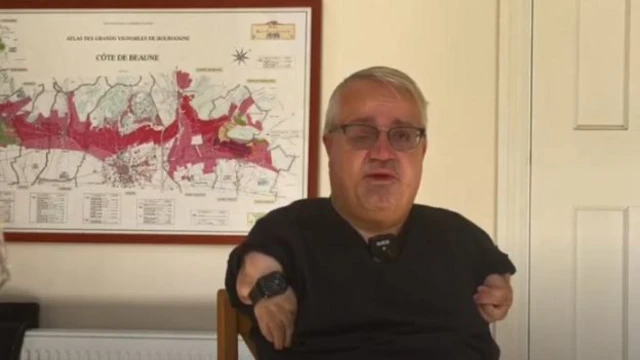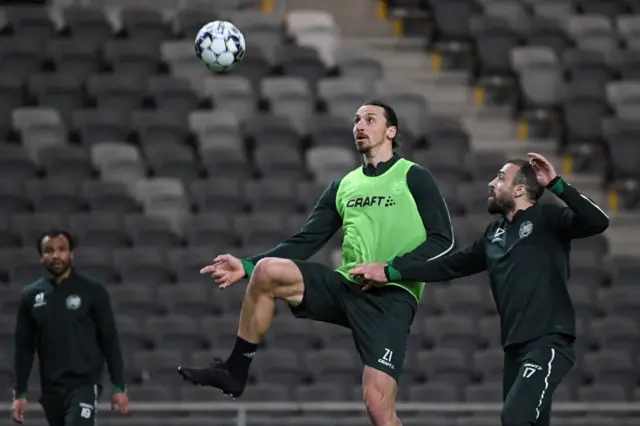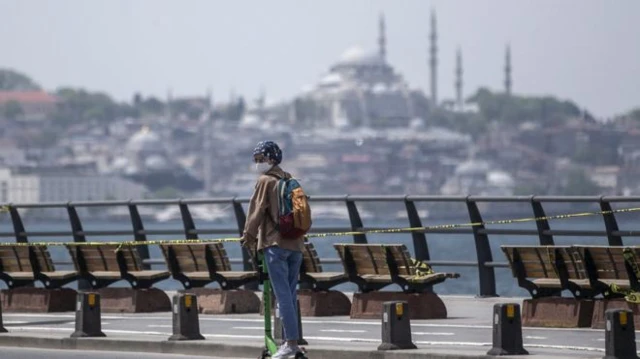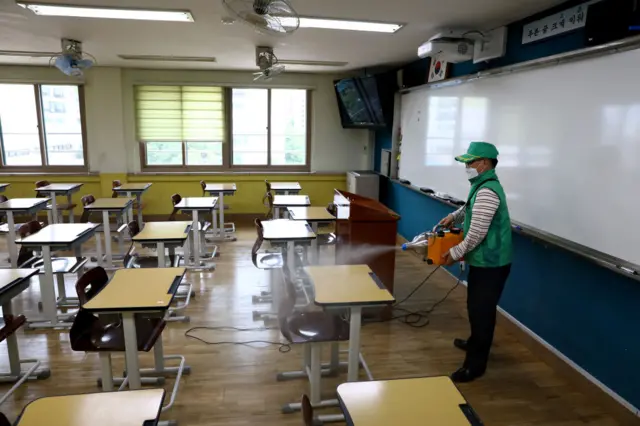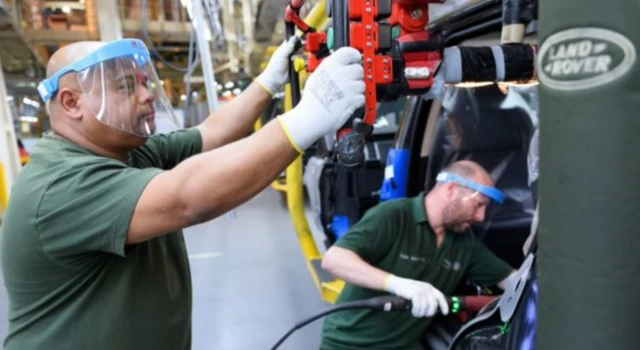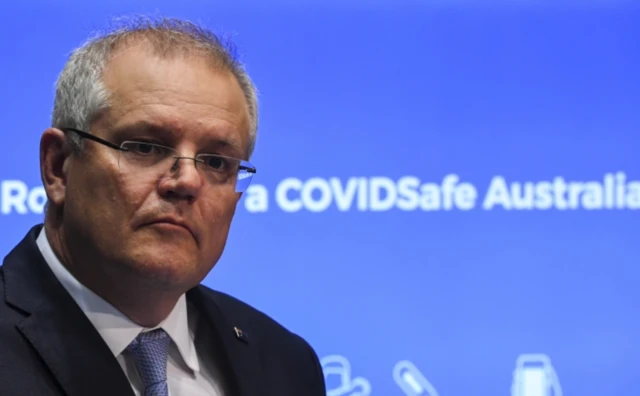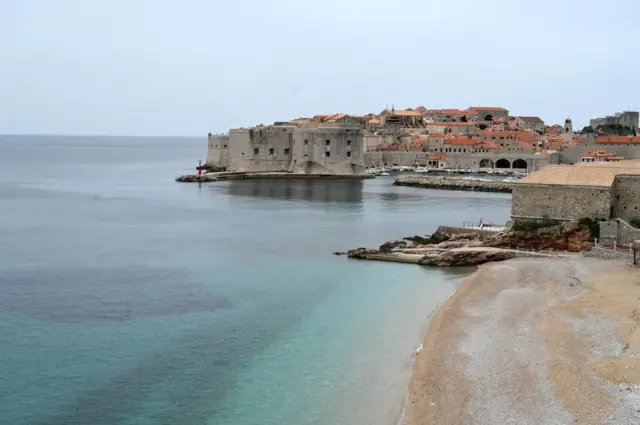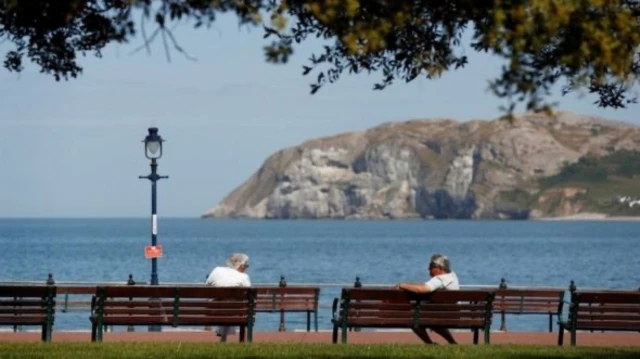'Time to move on from Cummings row' - ministerpublished at 09:26 BST 29 May 2020
Environment Minister George Eustice has said it is time to "move on" from the row over the UK prime minister's chief aide's travel during lockdown.
Echoing other Conservative government ministers, Eustice told BBC Radio 4's Today programme that Dominic Cummings had dealt with the issue "comprehensively" on Monday, when the aide defended driving 260 miles from his home in London to County Durham, then taking a second trip to Barnard Castle with his wife and son.
However, when asked how many emails he had received from constituents concerned about Cummings' actions, Eustice admitted he'd probably had "well over a hundred".
“That I think is inevitable when you have a big media story that runs for several days," he said.

